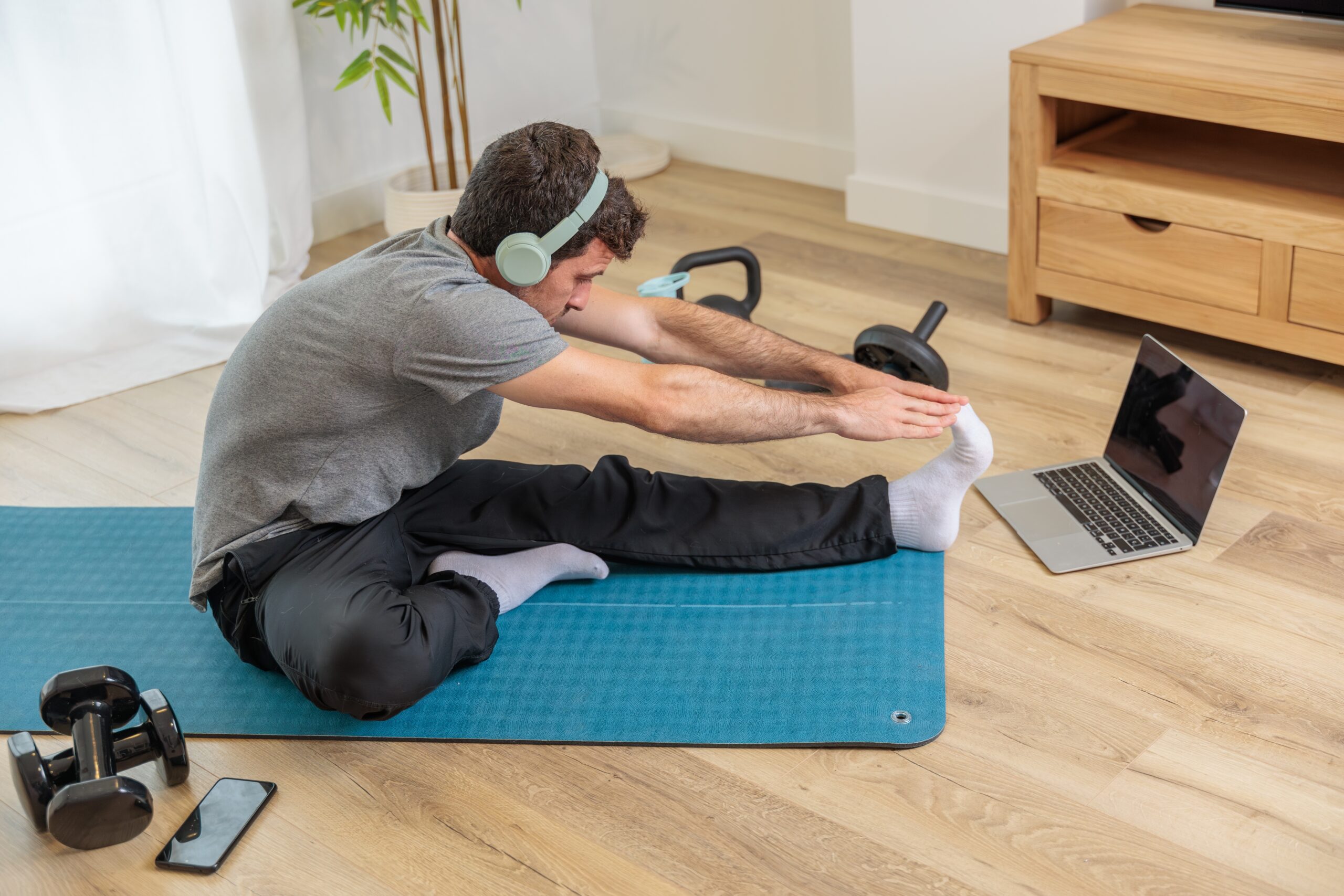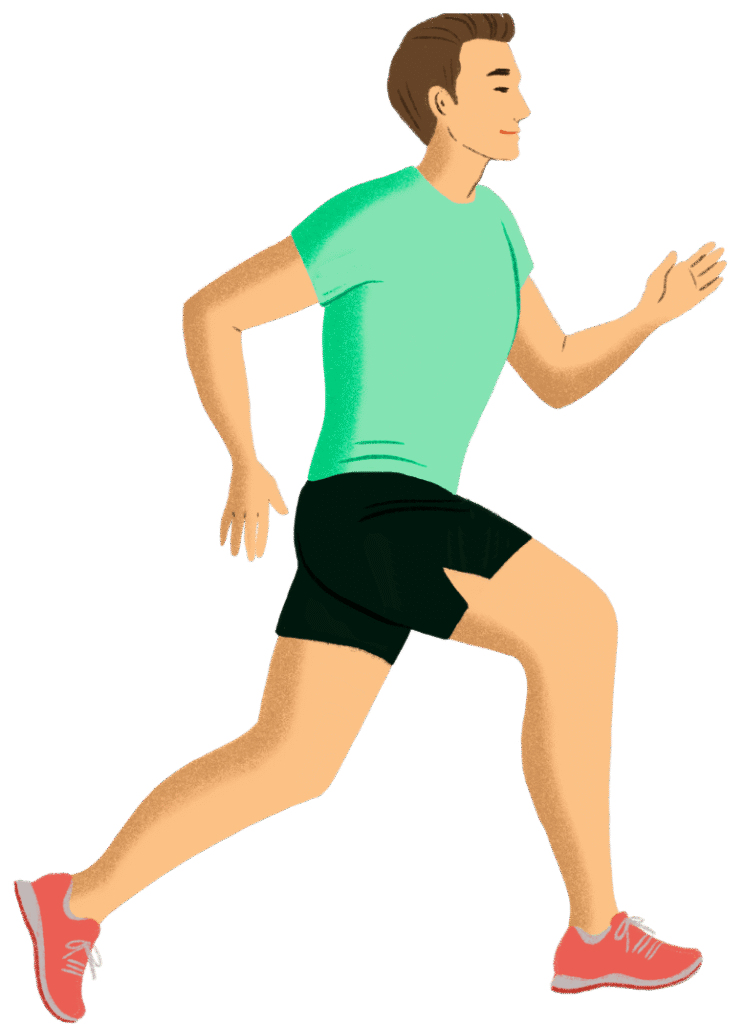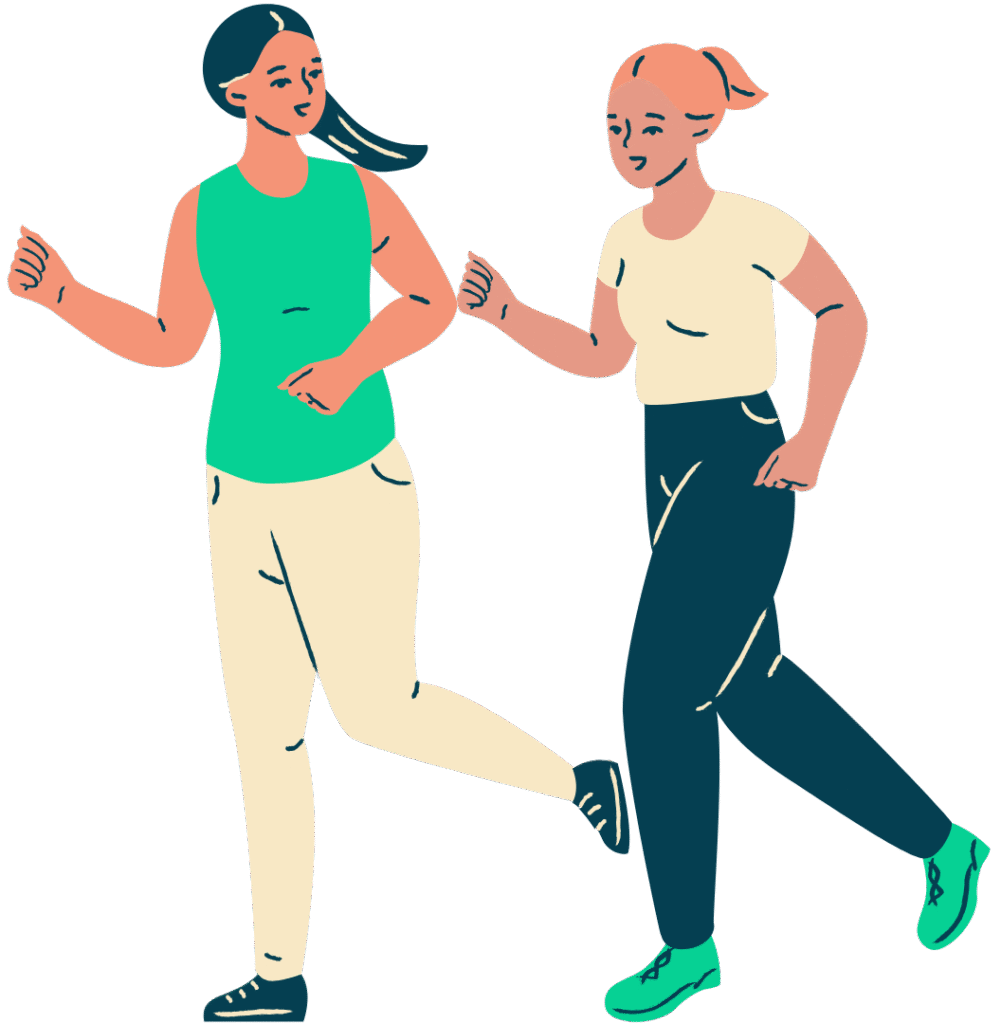Your workout failures might not be about willpower—they could be about choosing the wrong exercise for your personality type.
Story Highlights
- University College London study proves personality traits predict exercise enjoyment and long-term adherence
- Extroverts thrive with group activities while neurotic individuals benefit most from solo, low-intensity workouts
- Conscientious people show higher baseline fitness and prefer structured exercise routines
- Matching workouts to personality could revolutionize how we approach fitness motivation and public health
The Personality-Exercise Connection Finally Gets Scientific Backing
Researchers at University College London tracked 132 adults through an eight-week fitness program, measuring how the “Big Five” personality traits—extraversion, conscientiousness, agreeableness, neuroticism, and openness—influenced their exercise behavior. The results, published in Frontiers in Psychology, reveal that personality doesn’t just affect what activities we enjoy, but also our baseline fitness levels and ability to stick with programs long-term.
Dr. Flaminia Ronca, the study’s lead author, discovered that these personality patterns remained consistent across different types of exercise interventions. The research challenges the fitness industry’s one-size-fits-all approach, suggesting that failed workout plans often result from personality mismatches rather than lack of motivation or discipline.
Why Your Exercise Type Matters More Than Your Effort Level
The study revealed distinct exercise preferences tied to specific personality traits. Extroverted participants gravitated toward group fitness classes and high-intensity workouts, feeding off social energy and competition. Meanwhile, individuals scoring high in neuroticism found the greatest stress-reduction benefits from solitary, lower-intensity activities like walking or gentle yoga.
Conscientious participants entered the study with higher baseline fitness levels and showed superior adherence to structured routines. This group responded well to scheduled workouts with clear progression markers. Dr. Blaise Aguirre from McLean Hospital notes that understanding these patterns allows fitness professionals to prescribe exercise like medicine—matching the intervention to the individual’s psychological profile.
The Stress Reduction Factor That Changes Everything
Beyond enjoyment and adherence, the research uncovered significant differences in stress-reduction benefits based on personality types. Participants with higher neuroticism scores experienced the most dramatic decreases in stress levels, but only when engaged in appropriate exercise types. This finding suggests that personality-matched exercise serves a dual purpose: improving physical fitness while providing targeted mental health benefits.
The implications extend far beyond individual fitness goals. With 31 percent of adults globally failing to meet WHO exercise recommendations, personality-based programming could address a major public health crisis. Rather than abandoning exercise after failed attempts, people could find sustainable activities that align with their natural psychological tendencies.
What This Means for Your Next Workout Decision
The research provides a framework for making smarter exercise choices. If you score high in extraversion, seek group classes, team sports, or workout partners. High conscientiousness individuals should embrace structured programs with measurable goals and consistent schedules. Those with neurotic tendencies benefit most from gentle, predictable activities performed alone or in small, non-competitive settings.
Professor Paul Burgess, the study’s senior author, emphasizes that this approach moves beyond generic fitness advice toward personalized interventions. The fitness technology industry has already begun integrating personality assessments into app recommendations, while healthcare providers explore how personality-matched exercise prescriptions could reduce treatment costs for anxiety and depression-related conditions.
Sources:
Your Personality Could Unlock a Love of Exercise
Personality Traits Can Predict Which Exercise Intensities We Enjoy and Adhere To
Personality Type Can Predict Which Forms of Exercise People Enjoy
Personality Traits Can Predict Which Exercise Intensities We Enjoy and Adhere To, New Research Finds
Personality Traits Influence Enjoyment and Adherence to Exercise








